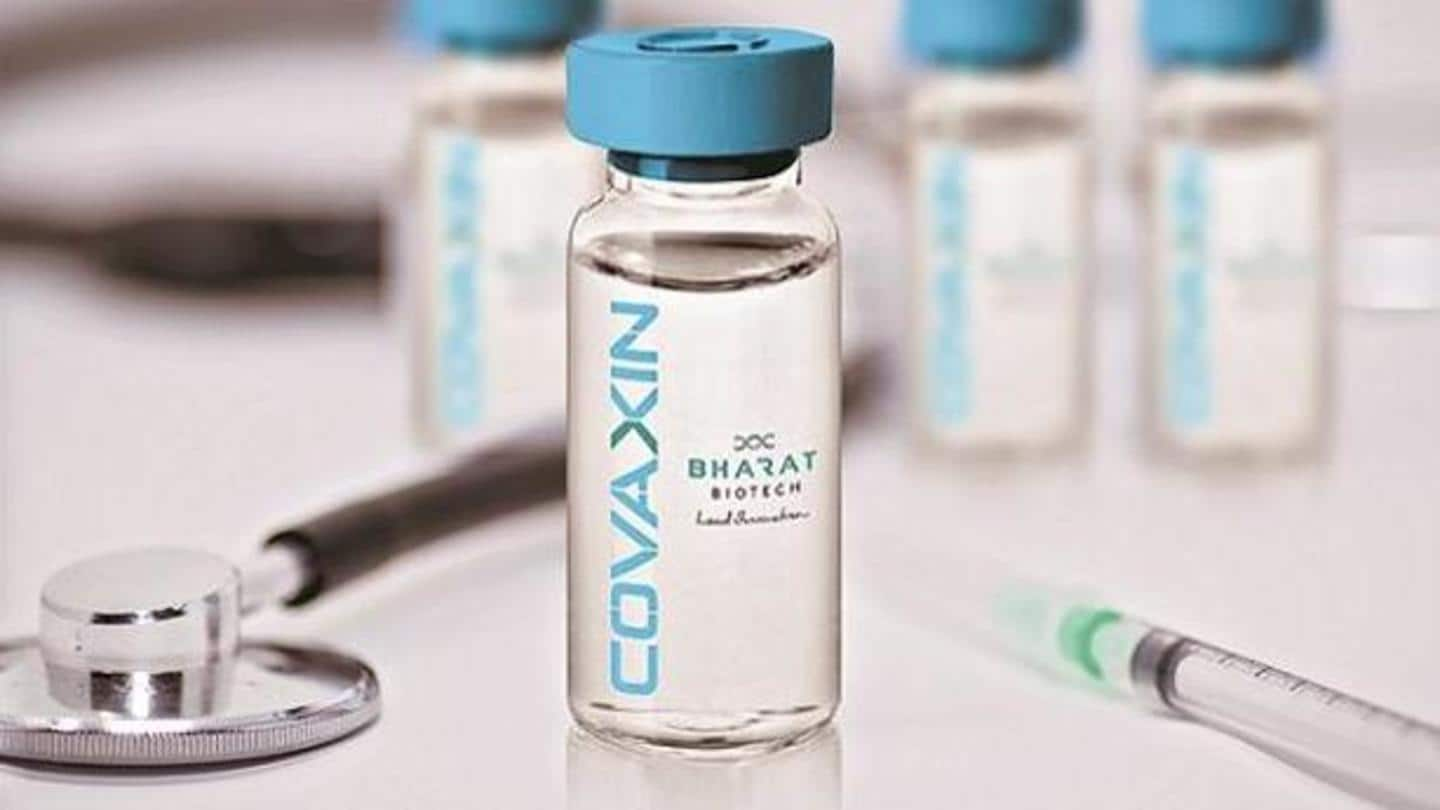
COVAXIN manufacturing facility fails to meet CGMP standards: Brazilian regulator
What's the story
The Brazilian health regulator Anvisa denied permission to import Bharat Biotech's COVID-19 vaccine COVAXIN into the country after its authorities found that the plant in which the vaccine is being made did not meet the Current Good Manufacturing Practice requirements.
Bharat Biotech said it is working toward resolving the issues and the order of 20 million doses from the Brazilian government is still active.
What happened?
Import request was suspended as key documents were missing
National Health Surveillance Agency said it received a request from the Brazilian Health Ministry to import 20 million doses of COVAXIN. However, the decision was suspended by the regulator due to the absence of some key documents.
"Refuse the Request(s) for Certification of Good Manufacturing Practices for Medicines of the company (ies) contained in the ANNEX," a Brazilian government gazette said on March 29.
Details
Bharat Biotech needs to supply 20 million doses to Brazil
Bharat Biotech International Limited on February 26 said it has signed an agreement with the Brazilian government for the supply of 20 million doses of COVAXIN during the second and third quarters of the current year.
The company had earlier said it also signed an agreement with Brazil-based Precisa Medicamentos for the supplies of COVAXIN for the private markets in the South American country.
Quote
Requirements pointed out during inspection will be fulfilled: Bharat Biotech
"The requirements pointed out during inspection will be fulfilled, the timelines for fulfillment are under discussion with the Brazil NRA and will be resolved soon," the company said. "The agreement with Precisa Medicamentos is based on a long-term partnership and will continue," Bharat Biotech added.
About COVAXIN
COVAXIN clinical trials were the largest in India
Bharat Biotech has submitted for EUA's (emergency use authorization) in more than 40 countries and several countries have already issued the authorization and supplies are in process.
COVAXIN has demonstrated an interim vaccine efficacy of 81 percent in Phase III clinical trials. The trials involved 25,800 subjects, the largest ever conducted in India, in partnership with the Indian Council of Medical Research.